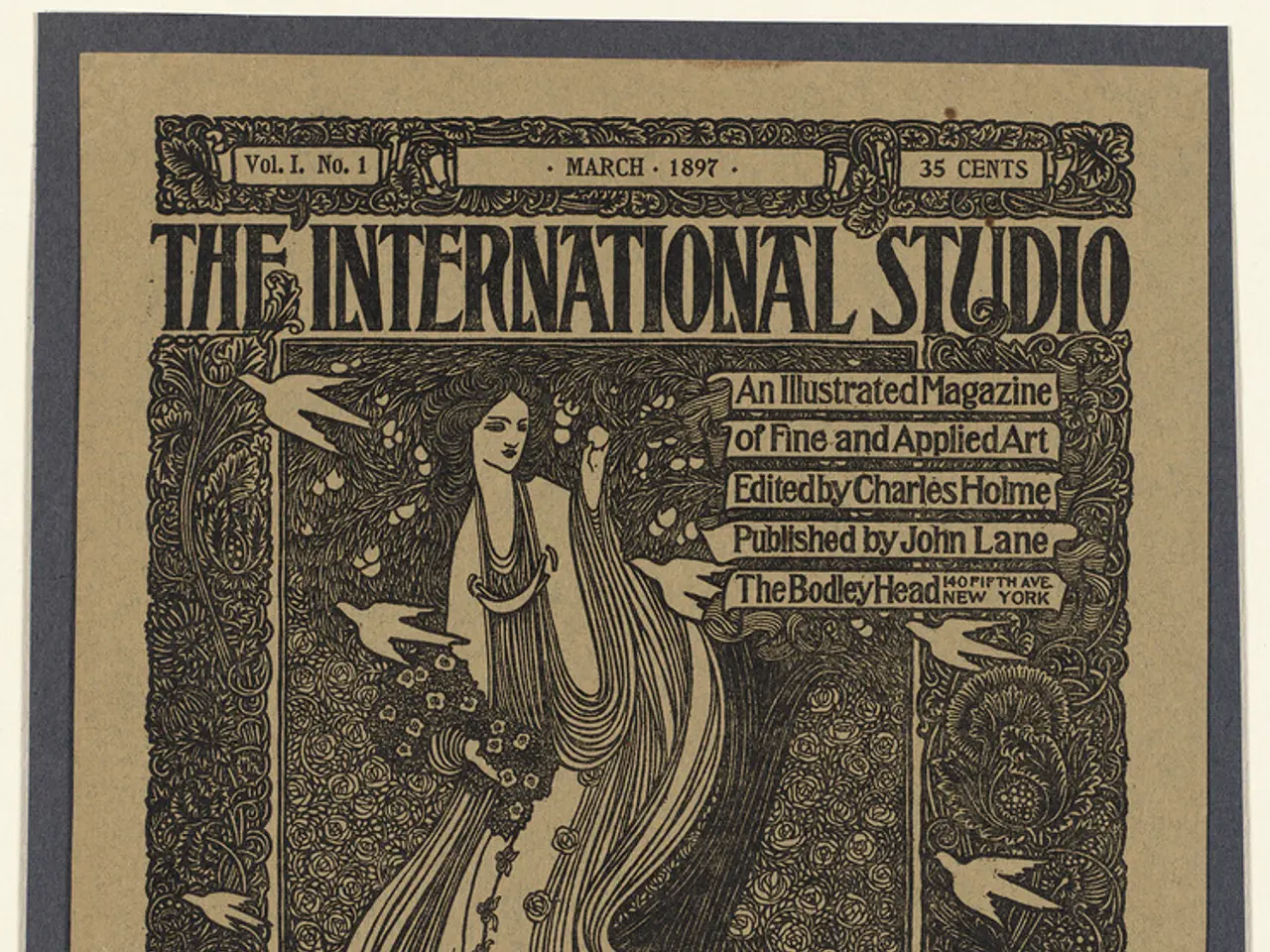Freddie Mercury delved into realms previously unexplored for Queen's powerful swansong single, confronting death head-on.
========================================================================
In the final months of his life, Freddie Mercury, the iconic frontman of Queen, faced considerable health challenges as he battled AIDS. Despite these obstacles, he delivered one of his most powerful vocal performances on the song "The Show Must Go On," a poignant anthem of determination and resilience.
Recorded during the 12 months before Mercury's death at Mountain Studios in Montreux, Switzerland, the song was part of Queen's album Innuendo (1991). The recording process was emotionally charged, with the band creating a protected and supportive environment in the studio to shield Mercury from the press and allow him to focus fully on his music.
Brian May, known for his distinctive guitar tone, contributed the guitar parts with great care. The song is a massive-sounding number, featuring an imperious synth-string motif, a mighty drum performance, and a relentless, growling power chord march.
"The Show Must Go On" was written by Brian May as a metaphor for Mercury's situation, portraying the courage to continue despite adversity. The lyrics, developed by Mercury and May, mirror the very real situation that Mercury himself was going through. The lyric "My make-up may be flaking but my smile still stays on" is a reflection of Mercury's brave face against the ever-increasing odds he faced.
Freddie Mercury's vocal delivery on "The Show Must Go On" is widely regarded as one of his most incredible performances, especially given his failing health at the time. His partner, Jim Hutton, stated that no matter how ill Mercury felt, he never grumbled to anyone or sought sympathy of any kind.
After Freddie Mercury's passing on November 24th, 1991, "The Show Must Go On" was reappraised as his last stand, victoriously seizing his legacy from the grip of his illness. The song captures the bittersweet mixture of Mercury’s brave final artistic expression and the band’s close-knit support during his last days.
Brian May considers "The Show Must Go On" to be one of Freddie Mercury's finest performances of all time. The song, released as a single at the tail-end of the Innuendo promotional cycle on 14th October 1991, stands as a testament to Mercury's indomitable spirit and the power of music to inspire and uplift even in the most difficult of times.
"The song 'The Show Must Go On,' written and performed by Queen, encapsulates elements of both music and pop-culture, as it served as a powerful anthem reflecting Freddie Mercury's personal struggle with his health and his unwavering commitment to entertainment."
"The album 'Innuendo' by Queen, which features 'The Show Must Go On,' showcases the band's ability to create music that blends emotional depth with a massive sound, propelling it into the realms of both mainstream appeal and critical acclaim."








